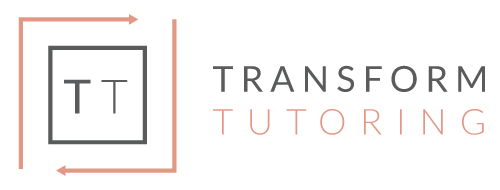“ Learning is not done to you, it is something you choose to do. “
This idea is as important as anything in education and development. It’s the tool needed in your pursuit of new areas of knowledge and growth. And with students’ curriculum being so standardized and focused, learning how to learn is almost forgotten along the way.
Students are often unfamiliar with mastery or exploration of material in their education. Even if that material is not of interest, the practice itself will be valuable as they act on their curiosity in areas they are passionate about.
Ideally students will acquire this skill earlier than I did. I walked onto campus at the University of Iowa thinking I knew it all. High school was a walk in the park, and I was confident I had it all figured out. Until I received a D on my very first exam. That said, it wasn’t as much that my effort lacked, but rather that I didn’t know how to channel it in the right direction. I had to learn from trial and error along with my experiences to build an approach to efficiently teach myself whatever I seek to know. But if students were able to prioritize this earlier on in their education they could adopt methods to pursue knowledge more effectively.
Here are a few perspectives that I find invaluable to learning:
There’s a difference between understanding something and knowing it. A common mistake a student will make is reading over homework, notes, or a study guide and convince themselves that because it all “makes sense” they are prepared to tackle never before seen scenarios where that information is to be utilized. This often leads to those blank stares during the application of the knowledge and a disconnect between homework grades and test scores. Want to fix it? Rewrite your notes, share with your peers back and forth, solve unassigned problems. Yes, I’m saying you need to put yourself in uncomfortable situations and grind through it. That’s when you can really absorb the information and processes.
Learning is a lifelong skill worth developing. Sure you may think trigonometry and history are ultimately useless in daily life, but if nothing else take those opportunities to exercise your problem solving skills or practice your reading and note taking. There are many times in my life where that mentality would’ve helped me get more out of an experience, or prevented me from taking inefficient approaches to learning something new. Don’t sleep on the practices of learning, organization, and engagement that are essential to being a better student in life.
Sometimes it’s what you do before the studying begins that will put you in a position to succeed. Don’t be the student that needs to be sold before they can be taught. If it’s not on the test, then I’m out. It happens all of the time in organized education. When frustration shows up, people stop trying. If you decided to walk the path of schooling, then make the most of those moments. Take advantage of the opportunities to better yourself. I understand not everyone is thirsty for the knowledge society has decided is important for us to digest, but engaging in these areas of life can help us when we’re ready to enroll in those moments where we’re truly eager to learn.

